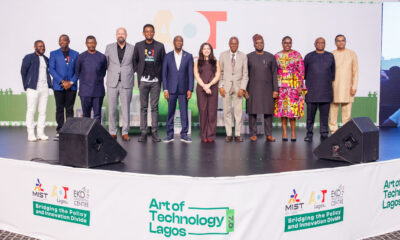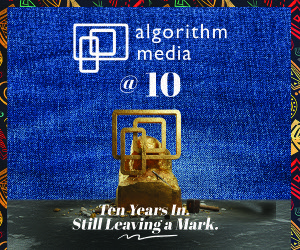Features
How Does Malik Afegbua Want to Be Remembered? He Tells Us in Today’s “Doing Life With…”
I want my work to remind people that culture is not static. It’s evolving, and we have the power to carry it forward with dignity.
Doing Life With… is a BellaNaija Features series that showcases how people live, work, travel, care for their families and… everything in between. We are documenting the lives of all people and ensuring everyone is well-represented at BN.
Did you miss our last conversation with Oluwaseun Ikusika? You can catch up here.
This week, we are doing life with Malik Afegbua, the founder of Slickcity Media, a Lagos‑based creative studio producing films, documentaries, commercials, and virtual reality experiences for major brands. Malik is popularly known for his“The Elder Series”, which depicts elderly African individuals strutting runway fashion in vibrant, Afro‑centric AI‑generated scenes.
Enjoy the conversation!
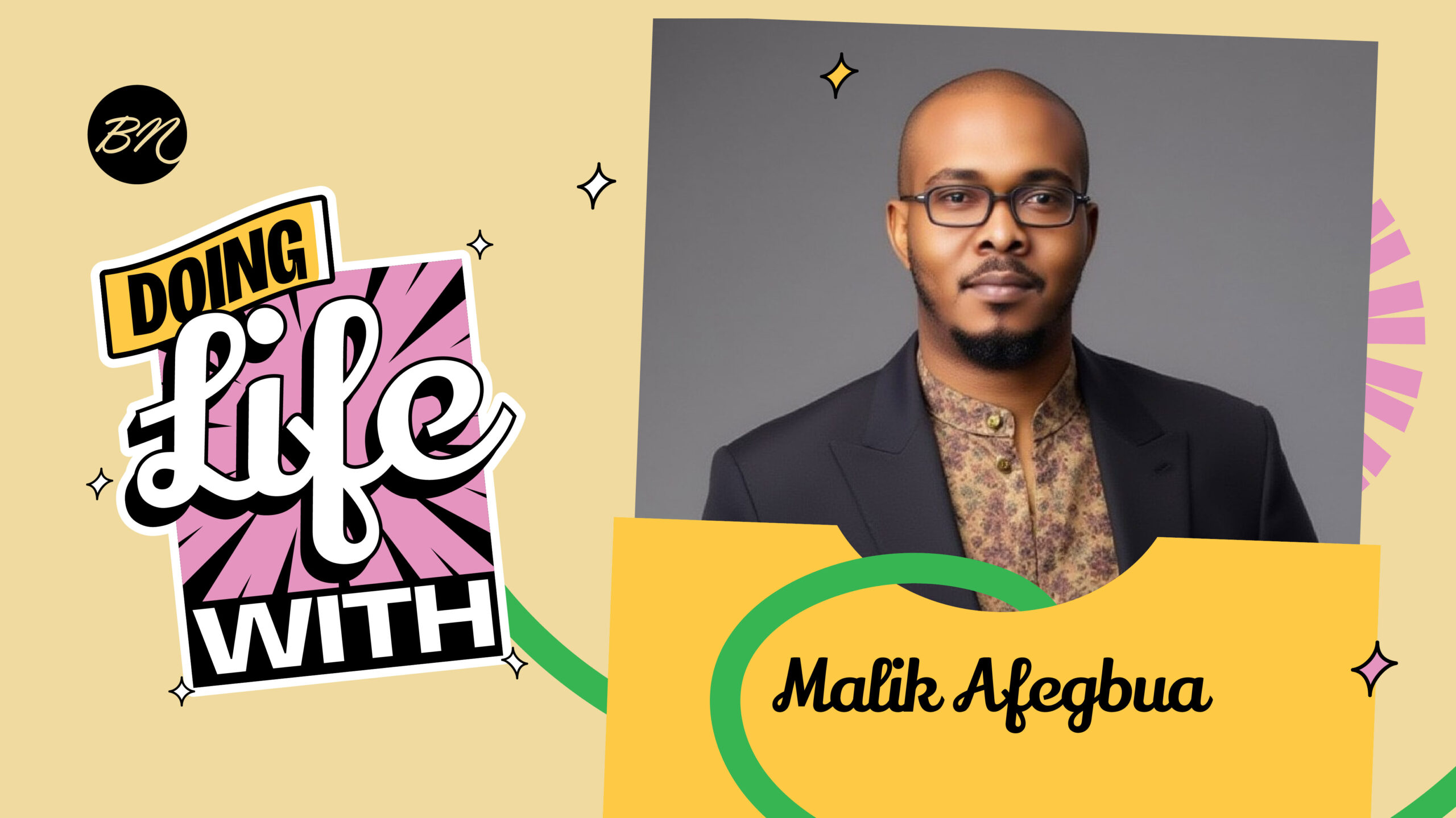
Hello Mike. How are you doing today?
I’m good, thanks for asking. Always grateful for the opportunity to create, learn and contribute to something meaningful.
Please tell us about your background, growing up, education and what aspect of your childhood shaped who you are today?
I spent the first half of my childhood and teenage years in Nigeria, and the rest in the UK before moving back in 2011. Growing up, I was constantly surrounded by culture, resilience and layered stories, both spoken and unspoken. I was a naturally curious child, always sketching, pulling things apart to understand how they worked, and building imaginary worlds. Even though I didn’t have access to a lot of resources, I had vision. I went on to study Business Administration, but my heart was always in the creative space. What really shaped me was witnessing how people around me made beauty out of struggle. That mindset has stayed with me: using whatever tools I have to tell stories that reflect who we are and where we come from.
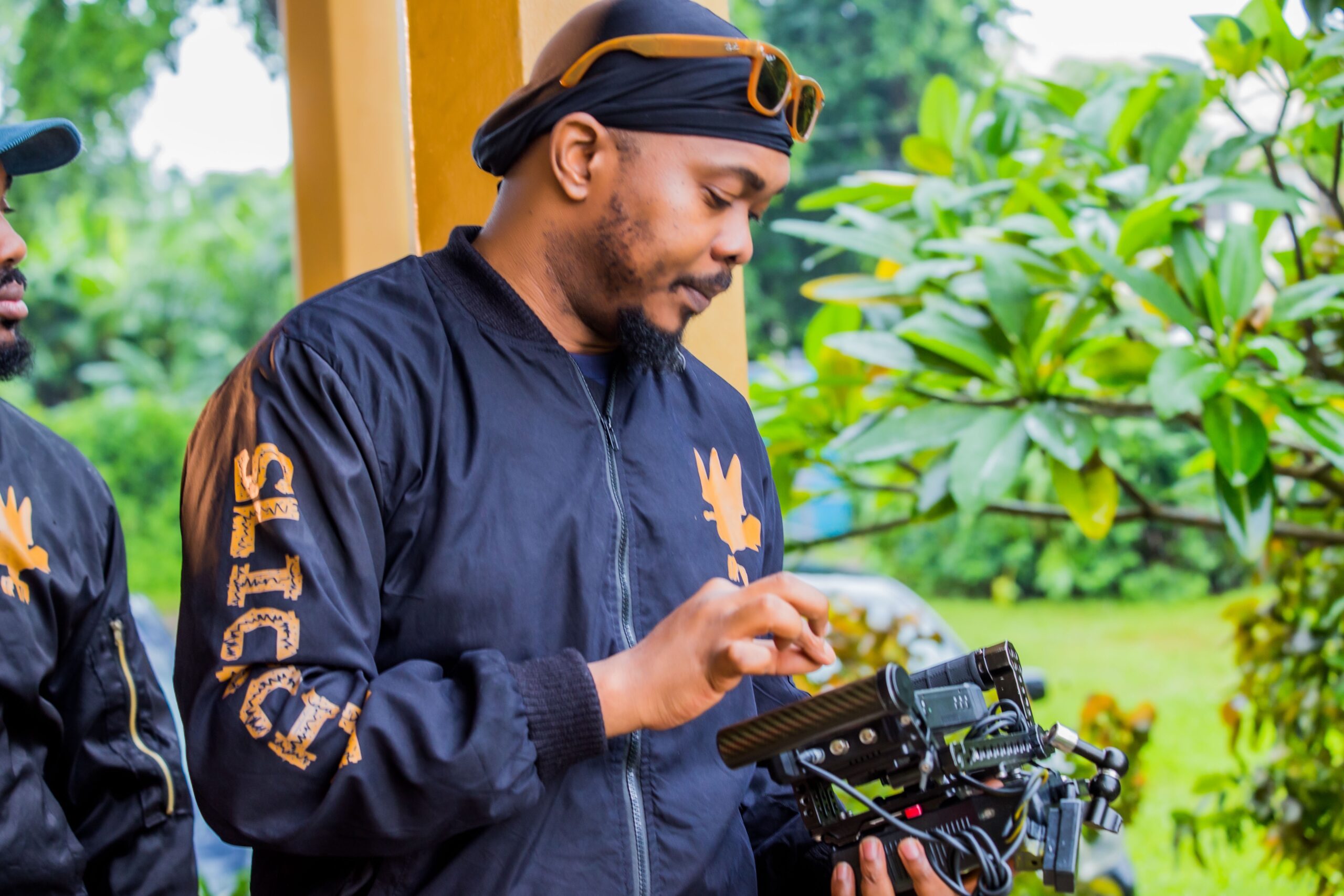
That is impressive
Thank you. I have always been drawn to art. Storytelling has always felt like a natural language to me, even before I fully understood its power. But a turning point came when I started noticing the gaps and distortions in how African stories were being told, or not told at all. That made me more intentional about using creativity not just to express myself, but to fill those gaps and correct those narratives using the tools of the future.
Now you’re a filmmaker, visual artist and creative technologist. When did these different paths begin to merge for you? How do you balance being everything?
It really started coming together when I stopped trying to choose one lane. I realised that storytelling was the common thread through all my interests. Whether I’m directing a TV commercial or film, experimenting with AI, creating immersive VR, or reimagining fashion, it’s all about telling stories that matter. I don’t think of it as juggling roles; I let each project determine what tools I need to bring to the table, and I move from there.
What’s a typical day in your life?
There’s really no typical day for me, and I like it that way. Some days, I’m training AI models using African data. Other days I’m on set, building storyboards, or deep in research. I could be giving a talk at an international summit one day and brainstorming with young creatives the next. But there’s always a thread of exploration, learning, and storytelling in everything I do.
You’ve shared it many times. But we’d like to hear it again. The Elder Series went viral for many reasons, but most strikingly, it reimagined how we see ageing in Africa. What inspired that project?
The Elder Series was born out of grief and reflection. After losing my mum, I started thinking about how society treats older people, especially here in Africa. We claim to respect them, but often they’re invisible in mainstream culture. So I flipped the script. I used AI to reimagine elders as bold, elegant, fashion-forward icons. It wasn’t just about aesthetics, it was about rewriting the narrative on ageing, and showing the beauty, dignity, and power of that stage of life.
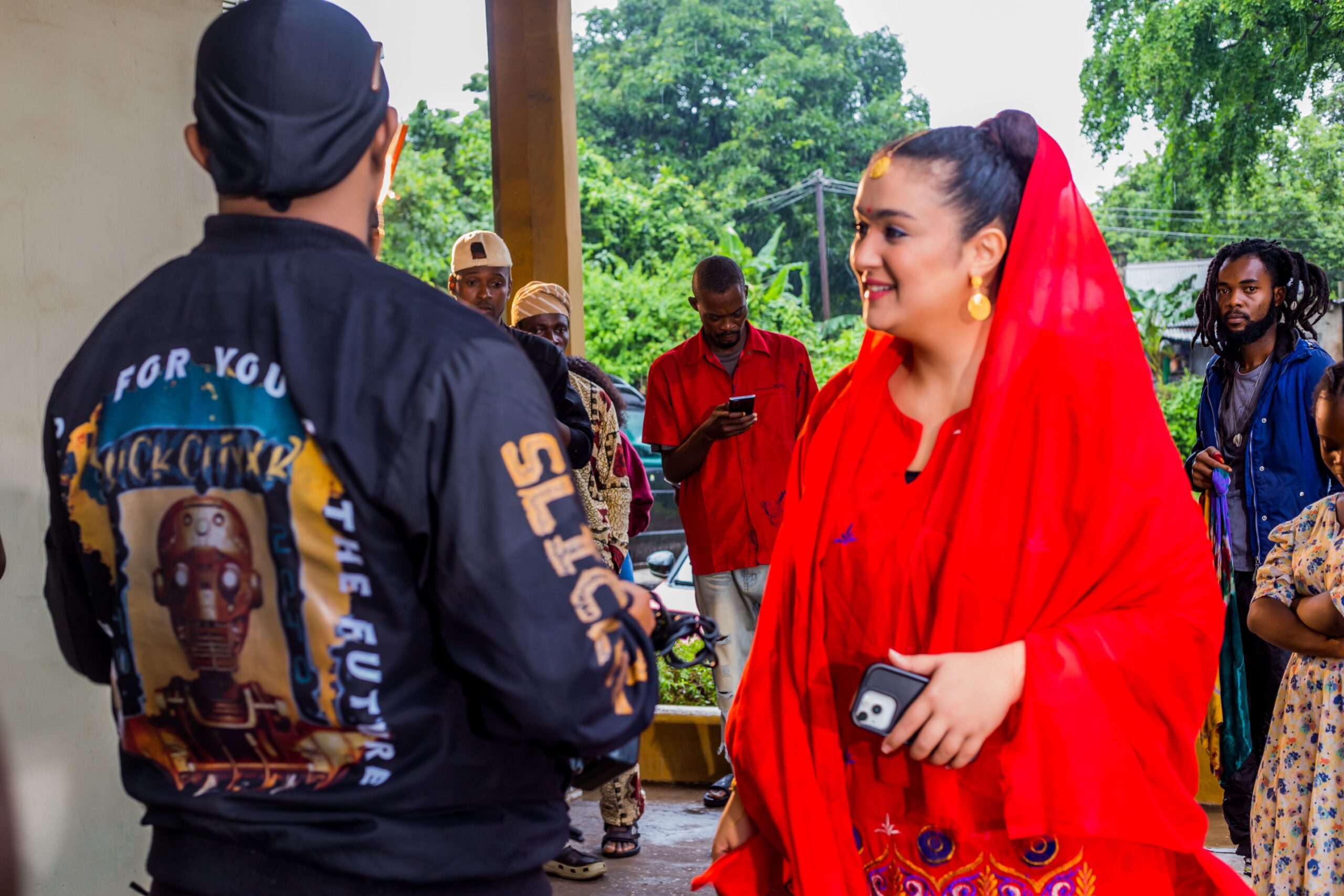
You’ve worked on several projects over the years. Which one has made you feel the proudest or challenged you the most, and why?
Legacy Link is probably one of the most fulfilling and challenging projects I’ve worked on. It goes beyond visuals; it’s about infrastructure and cultural preservation. It connects elders and youth through storytelling, trains AI on African heritage, and builds bridges between generations. It challenges me to think not just creatively but systemically. It’s a tool, a platform, and a mission all in one, and it’s also a continuation of the Elder series.
What are the biggest misconceptions people have about AI in storytelling, especially in Africa?
The biggest one is that AI is something external to us, that it’s not “ours.” A lot of people see AI as a foreign, futuristic concept. But AI is just a reflection of the data it’s trained on. If our stories, languages, and perspectives aren’t in that data, we get erased. People think AI will replace creativity, but what it actually does is amplify what you put into it. If you feed it truth and culture, it reflects that back. It’s not about the tool, it’s about who’s using it and why.
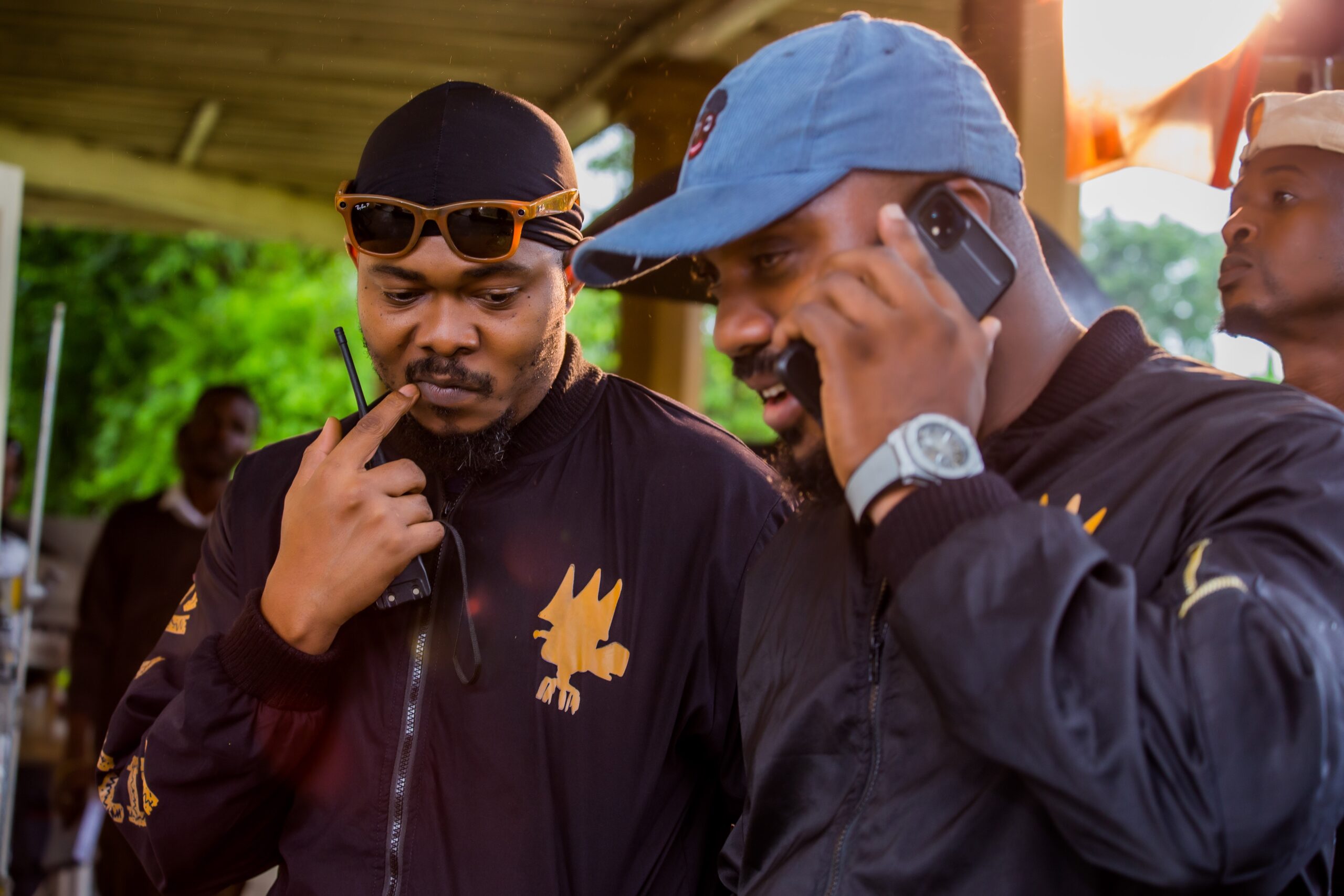
Do you think African creatives need to be more cautious or more adventurous with AI?
I think we need to be more adventurous, but intentional. We shouldn’t be afraid to explore, remix, and play with the technology. But we also have to do it with purpose. Our cultures are rich, our philosophies deep. If we bring that into AI, we’re not just participating in the future, we’re shaping it. So yes, go bold, but know why you’re doing it.
What is one thing you wish the Nigerian creative or tech space would improve on, whether it’s structure, policy, support, or mindset?
Mindset, first and foremost. We often wait for validation or funding before we move. But the truth is, we already have what we need to start. We need to believe more in our ideas and in each other. Structurally, yes, funding, better policies, more infrastructure, but until we shift our mindset, those things won’t land with the impact they should.
When you think about legacy, especially as someone using futuristic tools to archive the present and reimagine the past, what do you hope people remember about your work?
That I used tech to protect my memory. That I helped bridge generations. That I made people, especially elders and underrepresented voices, feel seen. I want my work to remind people that culture is not static. It’s evolving, and we have the power to carry it forward with dignity. If a young African can look at my work and feel inspired to tell their truth, then I’ve done my part.
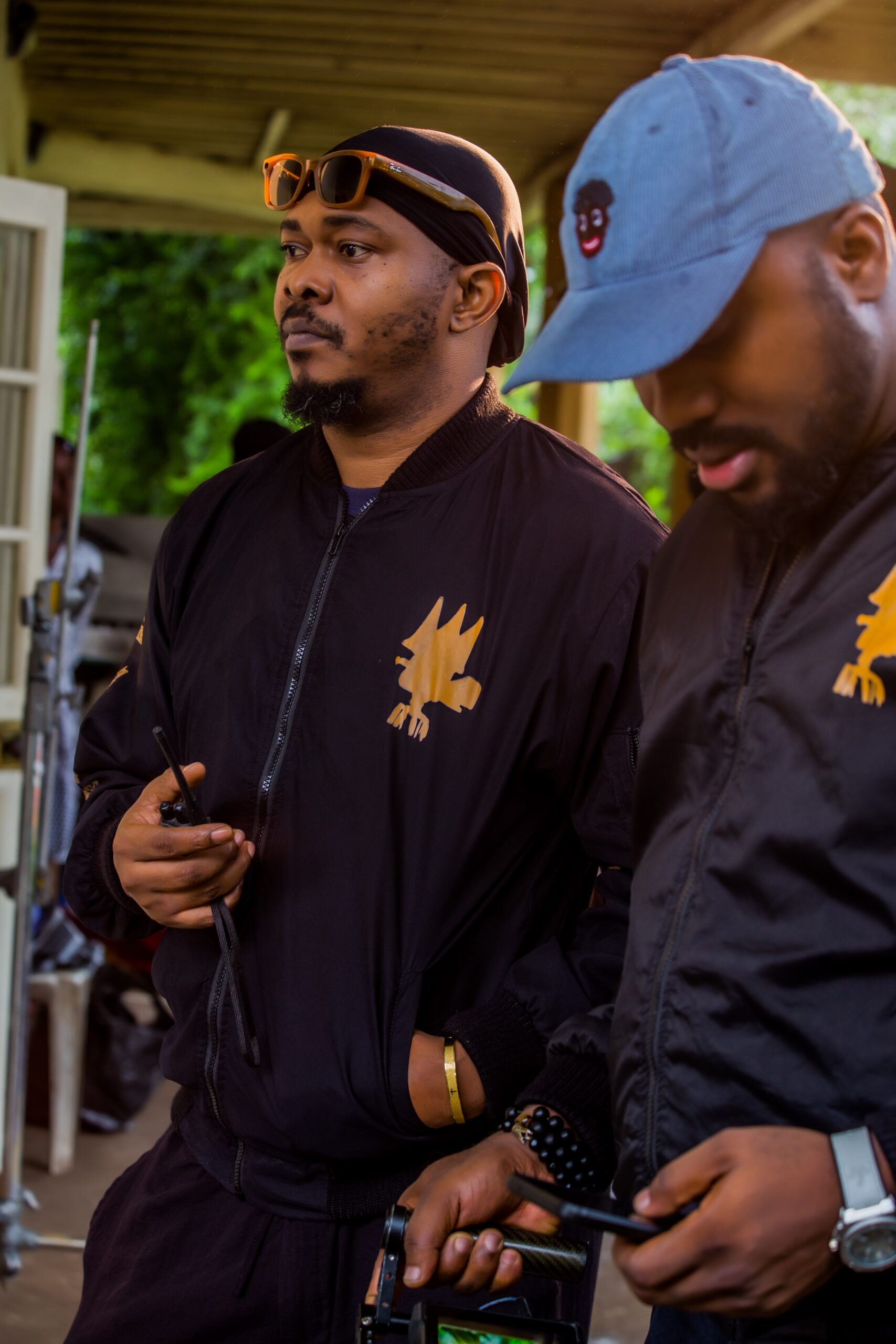
What beginner tool would you recommend for a creator?
Start with your phone and your imagination. But if you’re exploring AI, tools like RunwayML, Midjourney, Leonardo, and Googlefx are great entry points. They’re easy to use and can do a lot. But more than any tool, invest in your perspective. That’s your true superpower.
__
Many thanks to Malik Afegbua for having this conversation with us and answering all our questions – and swiftly, too, we must add.
Do you love this content, have any feedback for us or want to be a BellaNaija Features contributor? We’d love to read from you. Shoot us an email: [email protected]. Join us on Saturday for the next episode!




